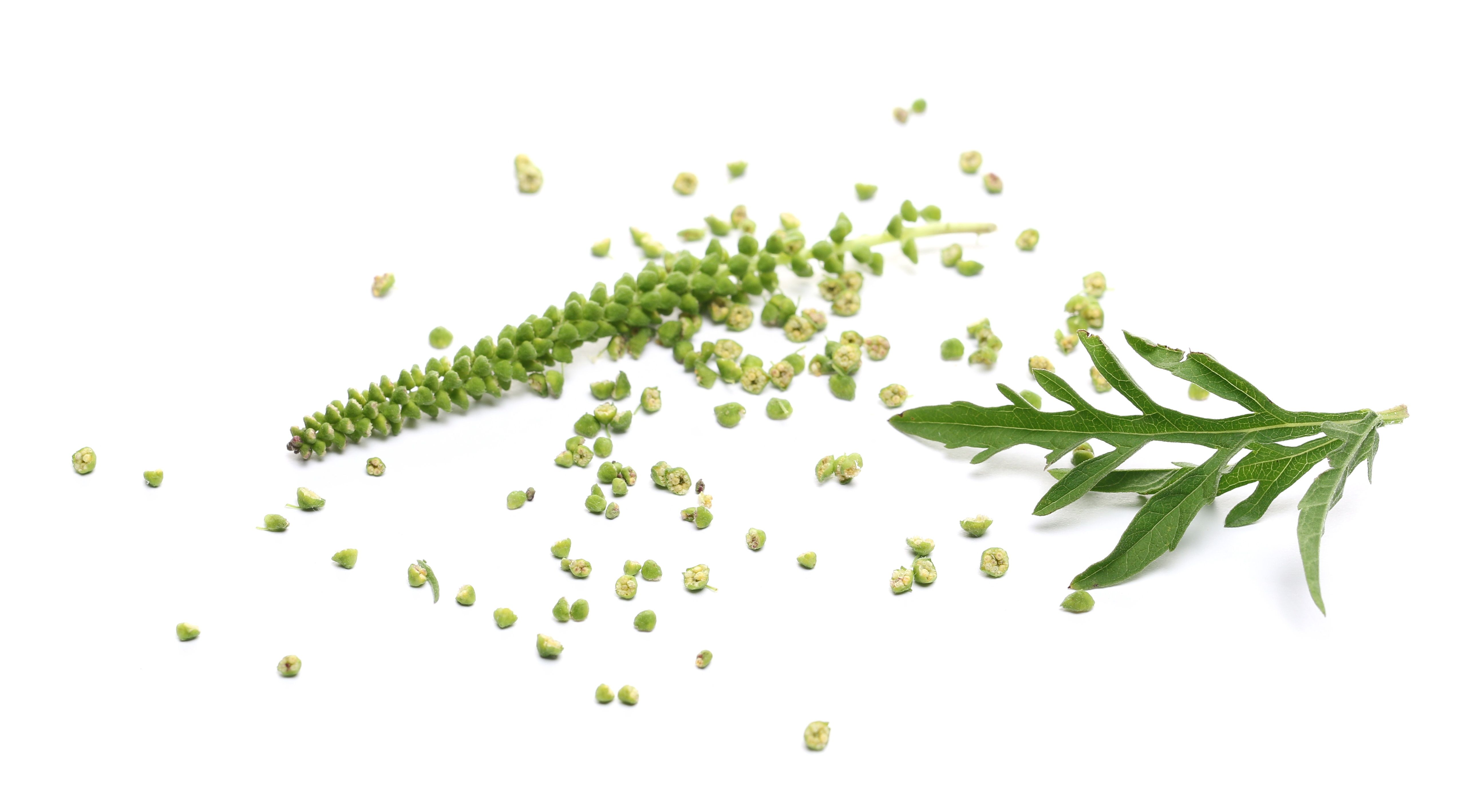
Common ragweed (Ambrosia artemisiifolia), a plant that has been classified as posing a health risk, is native to North America and, due to climate change, is spreading increasingly in northern and central Europe. Ambrosia pollen is considered to have a high allergenic potency, especially compared to allergenic plants native to Germany such as sweet grasses and broadleaf trees (e.g. birch). The aim of an exploratory clinical study funded by the German Federal Environment Agency is to determine the respective threshold doses that trigger allergic symptoms in people allergic to ragweed or birch pollen. With a newly developed experimental setup in the Fraunhofer Allergen Challenge Chamber (Fraunhofer ACC), the Fraunhofer scientists have managed to dose the pollen supply into the allergen chamber so finely that spatially and temporally stable, very low room concentrations can be achieved, for example 10 pollen/m³. The study participants are tested in a screening challenge with 1000 pollen/m³ to see if they react mildly to moderately to the respective pollen, with the aim to select a group of individuals showing average reactions. Thereafter, the study design follows an adaptive scheme: In addition to a sham exposure to clean air, up to four further exposure sessions in the Fraunhofer ACC are performed with either higher or lower pollen concentrations, depending on the previous outcome. The experimental part of this study with birch pollen was completed in fall 2022. The part with ambrosia pollen is planned to be performed in the fall of 2023.
 Fraunhofer Institute for Toxicology and Experimental Medicine
Fraunhofer Institute for Toxicology and Experimental Medicine